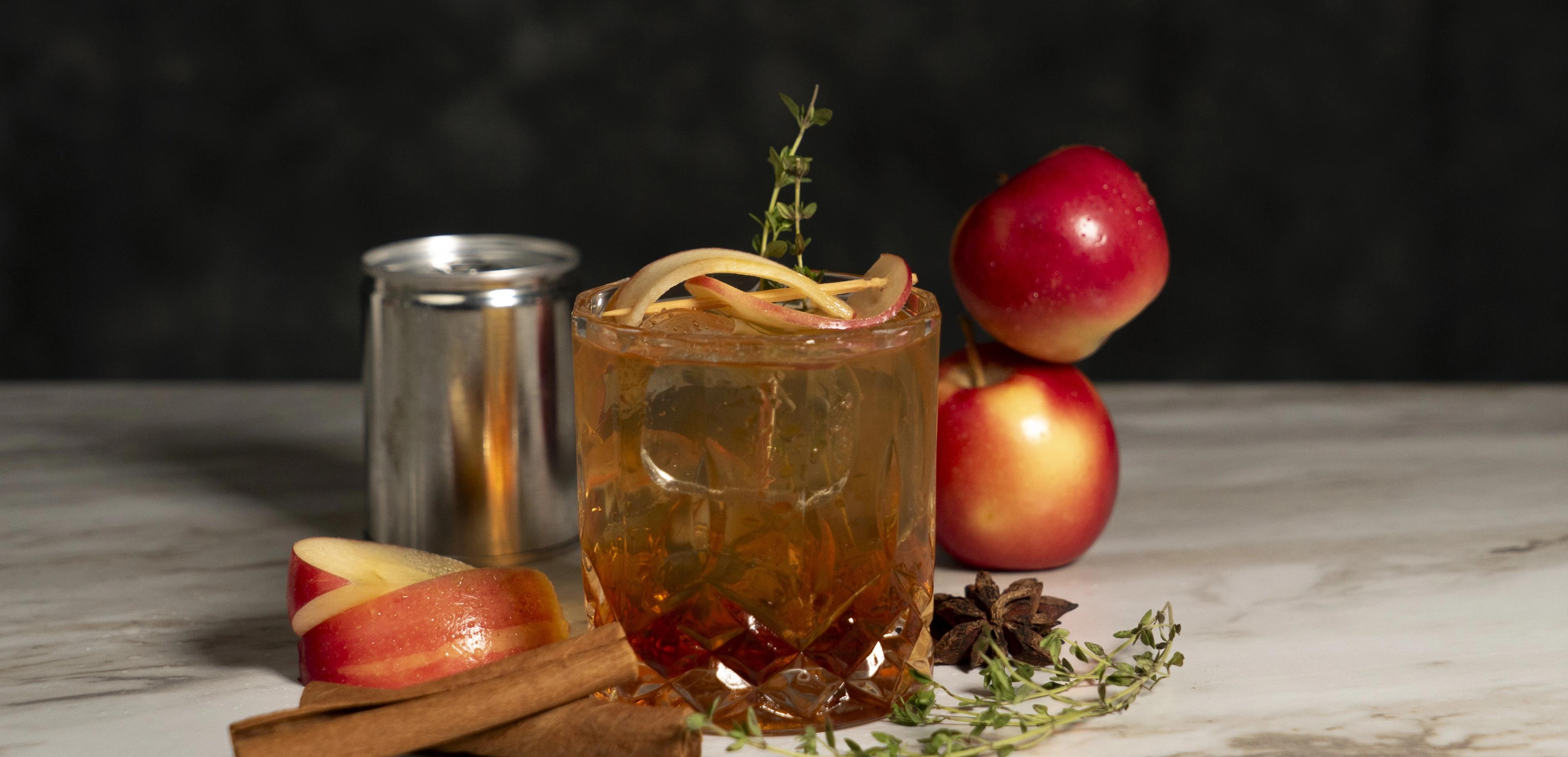
The Art of Non-Alcoholic Spirits
blog
For decades, spirits and cocktails have fostered a culture of craft, connection, and celebration. But over time, cocktail culture has evolved far beyond the buzz!
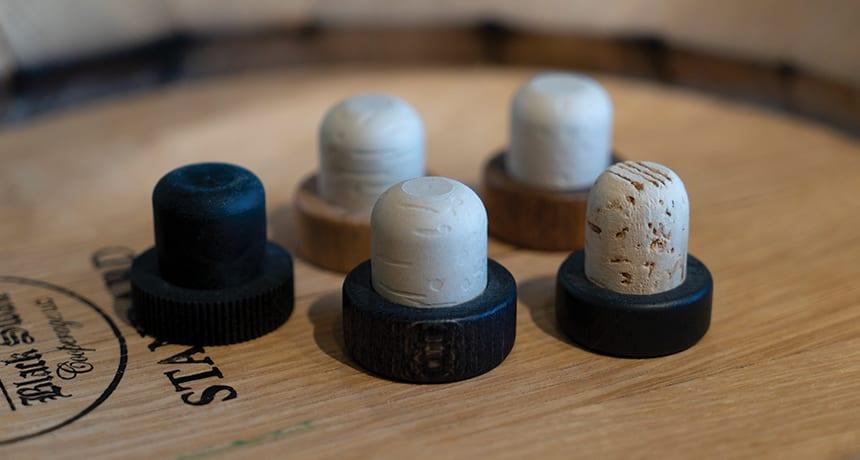
Written by Shelley Sackier, Director of Distillery Education, Reservoir Distillery.
There is nothing more satisfying than a rollicking good debate, in my opinion. Preferably fact-based and on a topic I'm hungering to know more about.
Since we are up to our eyeballs in "debate land" territory and our country feels more divisive than ever, I figure we should take advantage of the heightened state of information gathering our brains are working to maintain, and toss yet another subject of controversy at it - Whiskey closures.
It's true, this may not be an issue causing insomnia for your patrons, but it's a genuine concern for people working within the wine and spirits industry. The "best sealing practices" debate is more complex than one would think.
The choices used most widely now are:
Ultimately, "the right fit" comes down to science, cost, sustainability, and sensibility.
We know that both industries must consider OTRs - oxygen transmission rates. For cellar-worthy wines, the slow interaction with air is beneficial. Using natural cork, which allow volatile gasses to pass through the plant-based material, will help with the desirable aging process.
Wines meant to be enjoyed immediately are often capped with a screw top closure, as it's a secure sealant and is less expensive than cork. Whiskey, on the other hand, has a different outlook: Barrels are for maturation, bottles are for preservation.
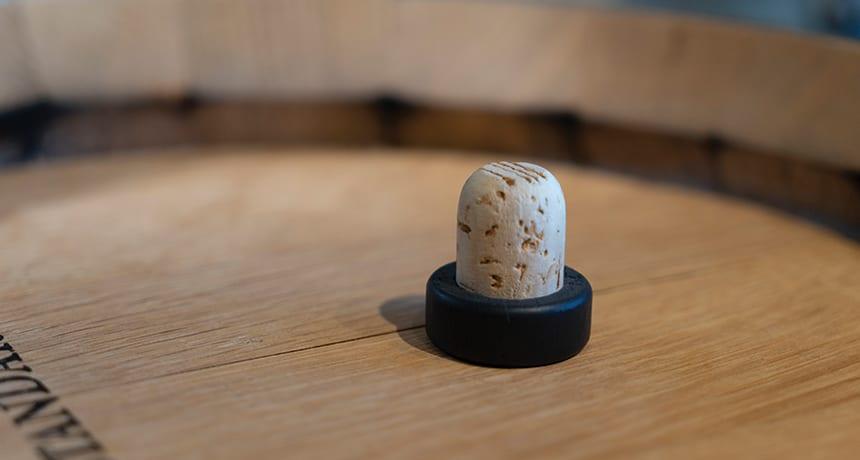
Choosing natural cork to seal a bottle of whiskey has both risks and benefits. Let's start with the cons:
However, the pros are also worth consideration:
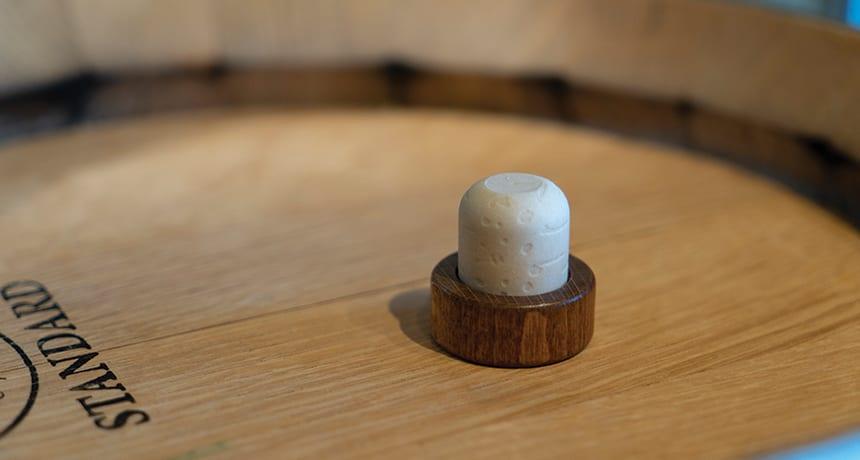
Of course, there are other options. Synthetic cork offers a range of benefits:
The biggest risk is consumer perspective. The decision to use synthetic cork may give consumers the perception of a "lower-quality" product, since it does not match expectations of the traditional and historical worth of authentic cork.
Growing in popularity, screw caps share many of the same clear benefits as synthetic cork. However, it's also important to note that they suffer from a larger carbon footprint than their counterparts - despite the rosy glow of their aluminum recyclability.
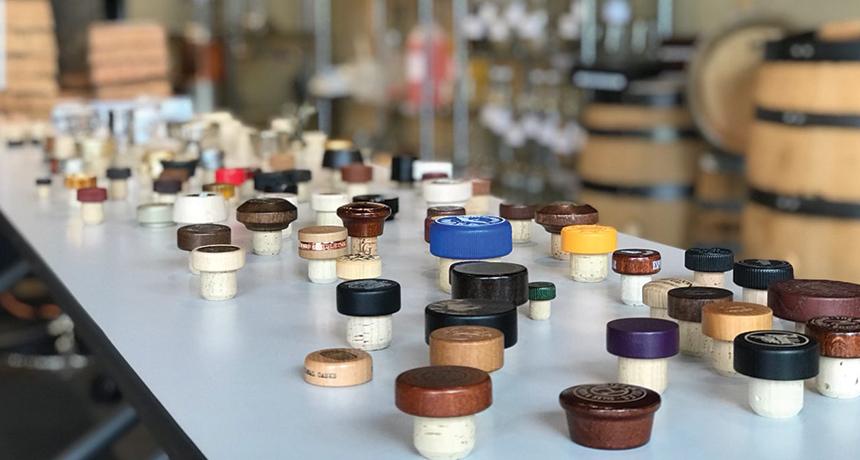
The choice of bottle closure is one that deserves consideration, and when confronted by customers who question your preference, a careful response is the best option, as many of your patrons have distinct opinions and wish to be heard. Providing fact-based science helps reassure them of the myriad elements you weigh on the matter.
Of course, it also never hurts to offer your consumers a few sage tips to keep your spirits in their best condition:
Whiskey closures may not be as monumental a subject as the outcomes on healthcare, but you take great pains to create a whiskey your customers will love and one that will last. Give them permission to call their high-quality whiskey needs medicinal.
Chances are, no one will argue on that one.
Written by Shelley Sackier, Director of Distillery Education, Reservoir Distillery.

blog
For decades, spirits and cocktails have fostered a culture of craft, connection, and celebration. But over time, cocktail culture has evolved far beyond the buzz!

blog
Those that are familiar with the process of crafting distilled spirits may also be familiar with the 10 common congeners that are created during fermentation, and honed during the distillation run. Each congener has its own distinct personality, rendering unique tastes and aromas to the finished spirit.
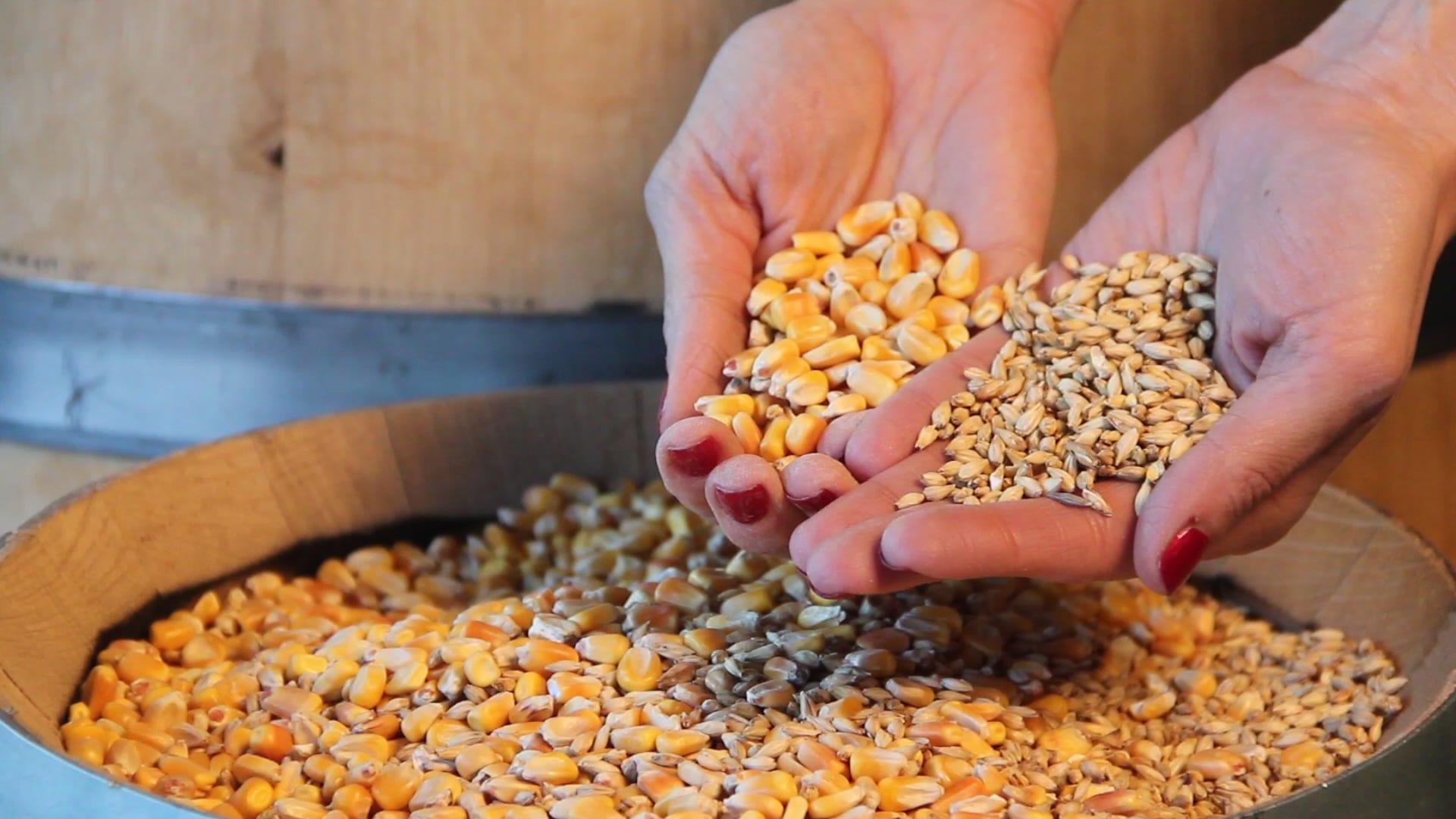
blog
So, you want to start distilling with freshly milled grain. Maybe you're tired of paying top dollar for the pre-milled stuff from the malt distributor, and you're ready to invest in the quality, efficiency, and bulk pricing that comes with milling your own whole grain. But where do you start?